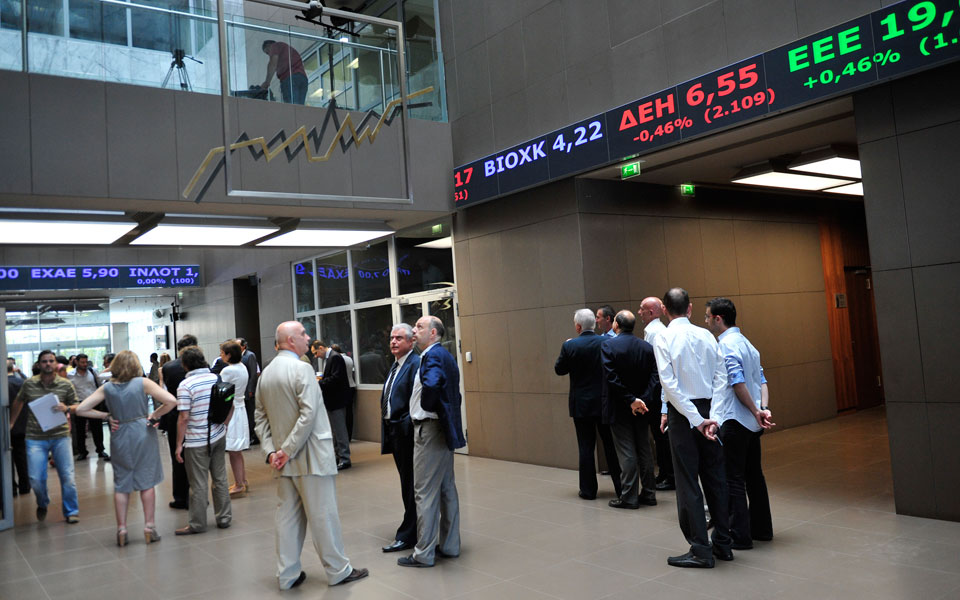Greece’s firms shield themselves from possible deposits haircut

The ability of robust private enterprises in Greece to predict and not just remedy the problems that the capital controls have created in the Greek economy, along with the difficulties which have arisen since the state stopped making payments to the private sector, has led local managers to devise new ways of shielding their businesses before they have to face whatever challenges 2016 has to throw at them.
The experience of the period since July 2015, when the capital controls were introduced, has led many businesses that are primarily export-orientated to spread their cash availability evenly across the countries they are active in. That way they can service their obligations internationally while avoiding trapping any cash in this country, as had been the case for many companies after banks pulled their shutters down on June 28.
The strategy they are now following in Greece to protect themselves from a possible deposit haircut in 2016 – as it is only businesses that have deposits in excess of 100,000 euros – is the following: Their available cash at the bank is kept in the same account as that from which loan repayments are made, so that in the event of a haircut, that account would be safe as the banks would want to keep drawing their monthly installments.
At the same time the local subsidiaries of multinationals and several domestic firms have lowered their sales targets for Greece, since as long as the capital controls remain in place the position of the multinationals is that “the funds in Greece are trapped and we will have to retain only the absolutely necessary liquidity for the payment of staff and suppliers, and the servicing of bank loans,” as one corporate official explained it.
Many firms have turned their attention to making exports their priority. After the recent events in Greece they have realized that if they really want to see their enterprises survive they will need to depend on foreign markets for 70 to 80 percent of their business. The Greek market remains in recession for the seventh year in the last eight (from 2008 to 2015).
The fact that many companies have managed to survive the capital controls does not necessarily mean that they have not been harmed by the collateral damage that the restrictions on the flow of capital have inflicted on the economy. For instance, the state’s halt in payments to the private sector has forced a great number of firms to record negative cash flows and to scramble to find cash. Even those that have managed to continue their business unhindered to date have seen demand decline significantly since June.





